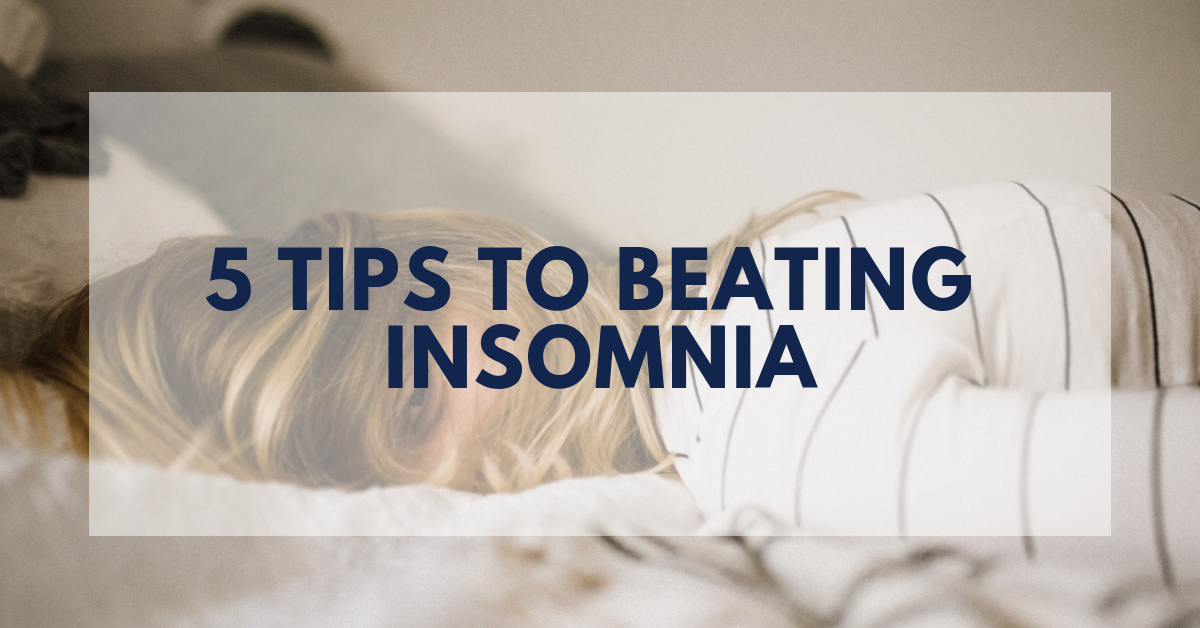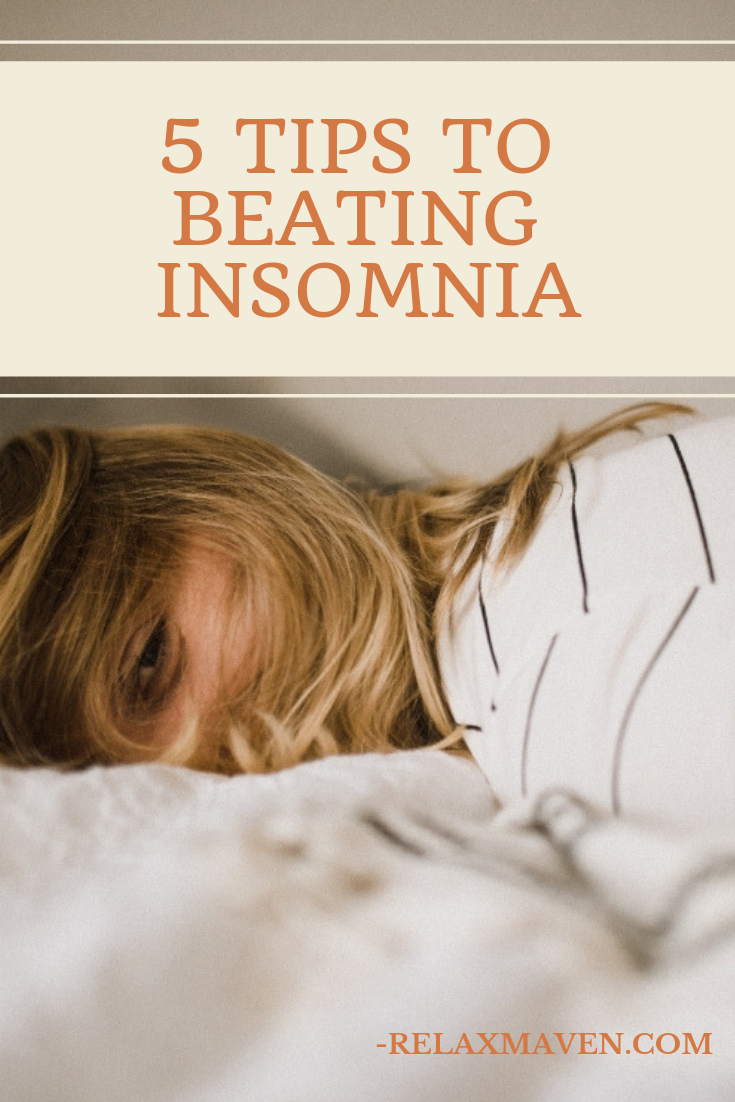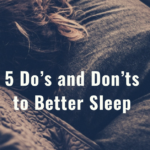
Getting enough sleep on a daily basis in this modern and fast-paced society is a rare luxury. Our disrupted sleep patterns left unchecked can lead to an even more difficult dilemma – insomnia.
Insomnia is a sleep disorder that affects at least 25% of the population in the United States in 2018. These people find it difficult to fall asleep and can often be sleep deprived. Sleep deprivation has many detrimental and even life-threatening effects to the body.
Thus, insomnia should be taken seriously. Schedule a trip to your doctor to be properly checked and diagnosed, and adapt these 5 tips to beat insomnia and get back to sleeping well again:
1. Create a comfortable sleeping environment.
Your bedroom should be a conducive environment for sleep and relaxation. Cool temperature, dimmed lights, and quiet to little noise, are variables you can control to help you beat insomnia, fall asleep easier and deeper.
2. Limit daytime naps.
Beating insomnia means you should establish and maintain a regular sleep cycle and train your body to associate cues like a dark, quiet environment and a consistent bedtime to sleep. Daytime naps disrupt this pattern and may affect your nighttime sleep.
3. Stick to the same sleep-wake schedule.
It’s tempting to sleep late and sleep in on weekends especially if you didn’t get enough sleep during the week. However, if you have insomnia, you should wake up and go to sleep at the same time every day so you can train your body’s sleep cycle to stick to a consistent rhythm.
4. Avoid alchohol, caffeine, and nicotine.
Caffeine’s effects can linger for a few hours, even up to 24 hours, thus affecting sleep patterns. Caffeine not only makes it difficult to fall asleep, but may also cause sleep interruptions.
Alcohol has a sedative effect for the first several hours from consumption, but it can also cause frequent awakenings during the night and you’ll wake up still feeling fatigued
5. Get regular exercise.
Regular exercise helps improve quality and duration of sleep. However, working out immediately before bedtime can stimulate your body and cause difficulty in falling asleep. Instead, do sweat sessions at least 3 hours before you hit the sheets.
Find more tips to beating insomnia by reading this article by WebMD.
Are you suffering from insomnia?
Do you have any personal tips to better sleep and becoming insomnia-free? Let us know in the comments below!



